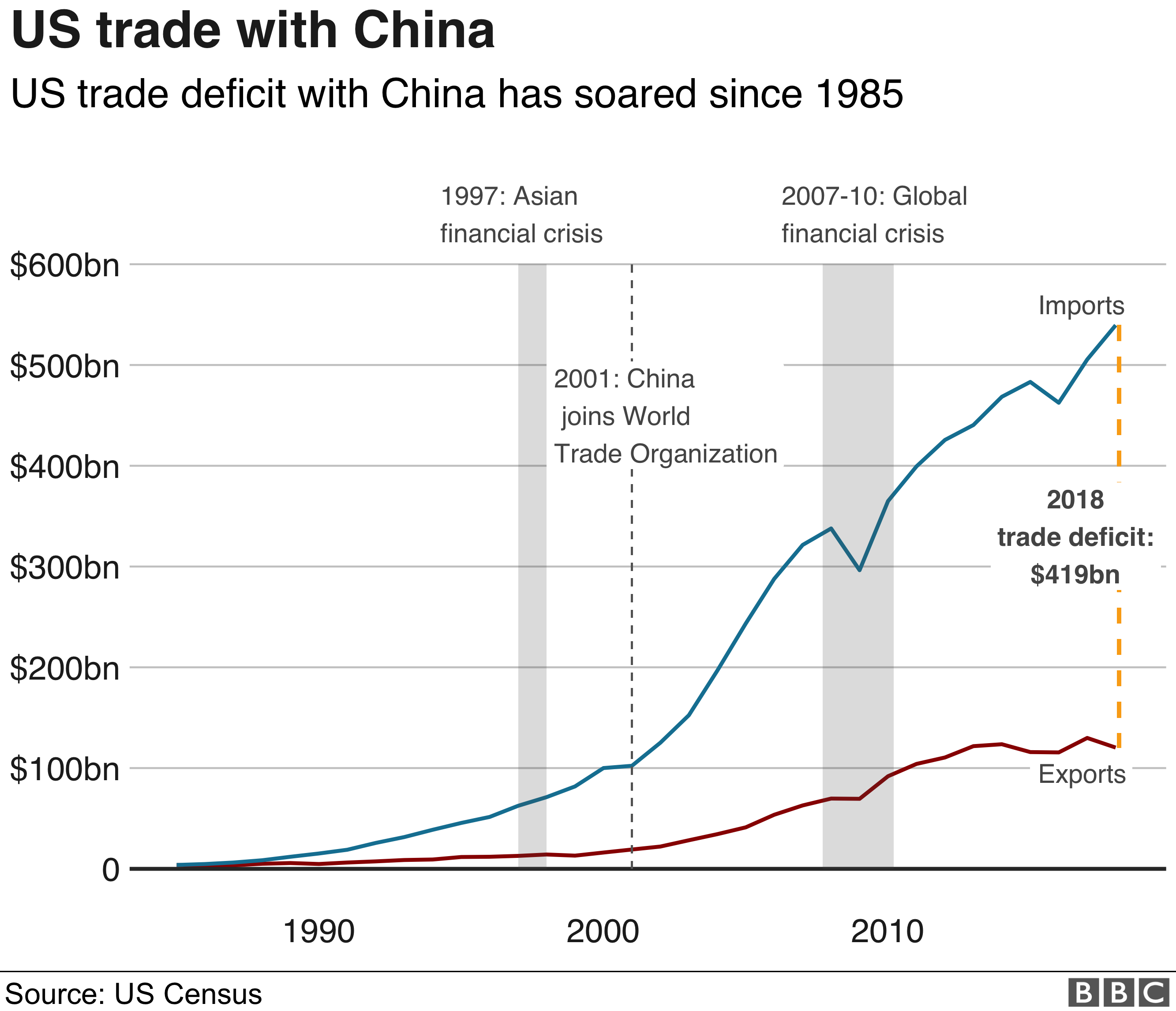Reducing Trade Barriers: Switzerland And China Propose Tariff Talks

Table of Contents
The Current State of Trade Relations Between Switzerland and China
Switzerland and China enjoy a robust trade relationship, characterized by significant bilateral trade volume across various sectors. However, existing tariffs and non-tariff barriers continue to impact the full potential of this economic partnership. While both nations have benefited from existing trade agreements, certain challenges remain. For example, specific tariffs on certain goods hinder competitiveness, and regulatory differences and complex customs procedures act as non-tariff barriers.
- Significant bilateral trade volume in specific sectors: Pharmaceuticals, precision instruments, and watches represent significant export categories for Switzerland to China, while China exports a wide range of manufactured goods, textiles, and electronics to Switzerland.
- Existing tariffs on certain goods impacting competitiveness: Tariffs on specific agricultural products and manufactured goods have resulted in price increases and reduced competitiveness for businesses in both countries.
- Non-tariff barriers such as regulatory differences and customs procedures: Differing standards and regulations regarding product safety, labeling, and environmental protection create hurdles for businesses seeking to access each other's markets. Lengthy customs procedures and bureaucratic processes also contribute to increased costs and delays.
- Potential for increased trade through barrier reduction: A significant reduction in trade barriers has the potential to unlock substantial untapped potential, leading to a marked increase in bilateral trade volumes.
Details of the Proposed Tariff Talks
The proposed tariff talks aim to address these challenges by focusing on the reduction or elimination of tariffs on a range of goods and services. While specific details are still emerging, the scope of these negotiations is expected to be broad, encompassing various sectors crucial to both economies. The timeframe for these talks remains to be seen, but both countries have expressed a commitment to reaching an agreement as swiftly as possible.
- Specific tariff reduction targets for particular product categories: Targeted sectors may include agricultural products, manufactured goods, and potentially even services. The specific tariff reduction percentages will be negotiated based on mutual benefit.
- Potential timelines for negotiation phases and implementation of agreements: The negotiations will likely proceed in phases, with initial focus on areas where agreement is most readily achievable. The implementation of agreed tariff reductions will follow a clearly defined timeline.
- Mechanisms for dispute resolution and enforcement: Robust mechanisms for addressing disputes and ensuring compliance will be essential for the success of any agreement reached. This could involve independent arbitration or other mutually agreed upon processes.
- Participation of relevant government agencies and industry representatives: To ensure that the talks effectively reflect the interests of both countries, relevant government agencies and representatives from key industries will be actively involved in the negotiation process.
Potential Benefits of Reduced Trade Barriers
Reducing trade barriers between Switzerland and China offers numerous benefits. For both countries, lower tariffs will translate into lower prices for consumers, increased market access for businesses, and a general boost to economic activity. This enhanced economic cooperation will also help attract foreign direct investment (FDI).
- Lower prices for consumers due to increased competition: Reduced tariffs will lead to increased competition, driving down prices for consumers and offering greater choice.
- Increased market access for businesses in both countries: Businesses will benefit from easier access to each other's markets, expanding their customer base and boosting sales.
- Stimulation of economic growth and job creation: Increased trade volumes will stimulate economic growth and create new jobs in various sectors.
- Attraction of foreign investment in key sectors: The improved business environment created by reduced trade barriers will attract significant foreign direct investment, further boosting economic growth.
- Enhanced economic cooperation and strengthened bilateral ties: Successful negotiations on reducing trade barriers will deepen economic cooperation and strengthen bilateral relations between Switzerland and China.
Global Implications of the Switzerland-China Initiative
The Switzerland-China initiative to reducing trade barriers holds significant global implications. Its success could inspire other countries to pursue similar bilateral agreements, potentially creating a domino effect leading to a more open and integrated global economy. However, challenges remain.
- Potential for a domino effect, encouraging other countries to engage in similar negotiations: The success of these talks could serve as a powerful example, encouraging other countries to engage in similar negotiations to reduce trade barriers.
- Impact on the World Trade Organization (WTO) and its role in regulating global trade: The initiative's success or failure will have implications for the WTO's role in governing global trade and its ability to promote fair and equitable trade practices.
- Contribution to a more open and integrated global economy: Ultimately, a successful reduction in trade barriers between these two countries could contribute to a more open and integrated global economy.
- Potential challenges in achieving widespread adoption of reduced trade barriers: While the initiative offers a positive model, achieving widespread adoption of reduced trade barriers globally will require overcoming various political and economic challenges.
Conclusion
The proposed tariff talks between Switzerland and China represent a significant step towards reducing trade barriers and fostering greater economic cooperation. The potential benefits – from lower consumer prices to increased economic growth and FDI – are substantial for both nations and could have far-reaching implications for global trade. The success of these talks will depend on the commitment of both countries to reaching mutually beneficial agreements and could serve as a powerful example for other nations seeking to navigate the complexities of international trade and achieve positive outcomes through collaborative efforts in reducing trade barriers. Let's continue to monitor this important development in global trade relations and advocate for policies that promote free and fair trade globally.

Featured Posts
-
 Is De Nederlandse Woningmarkt Betaalbaar Een Vergelijking Abn Amro En Geen Stijl
May 21, 2025
Is De Nederlandse Woningmarkt Betaalbaar Een Vergelijking Abn Amro En Geen Stijl
May 21, 2025 -
 Chennai Wtt Star Contender Oh Jun Sung Wins Epic Match
May 21, 2025
Chennai Wtt Star Contender Oh Jun Sung Wins Epic Match
May 21, 2025 -
 Identifying Prime Business Locations A Nationwide Map Of New Hot Spots
May 21, 2025
Identifying Prime Business Locations A Nationwide Map Of New Hot Spots
May 21, 2025 -
 Plouzane Et Clisson Laureats De La Mission Patrimoine 2025 Pour La Restauration De Leur Patrimoine
May 21, 2025
Plouzane Et Clisson Laureats De La Mission Patrimoine 2025 Pour La Restauration De Leur Patrimoine
May 21, 2025 -
 Kroyz Azoyl Ston Teliko Champions League I Symvoli Toy Giakoymaki
May 21, 2025
Kroyz Azoyl Ston Teliko Champions League I Symvoli Toy Giakoymaki
May 21, 2025
